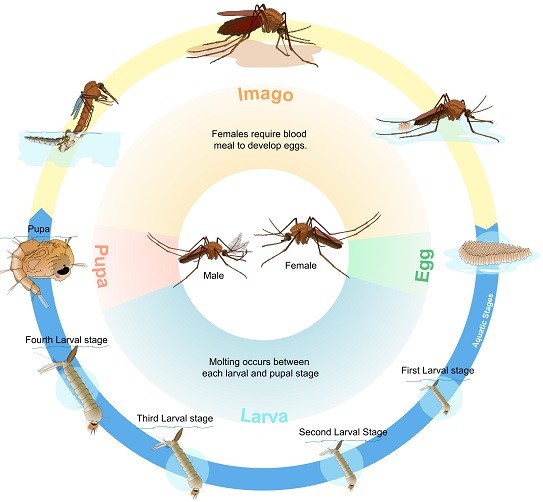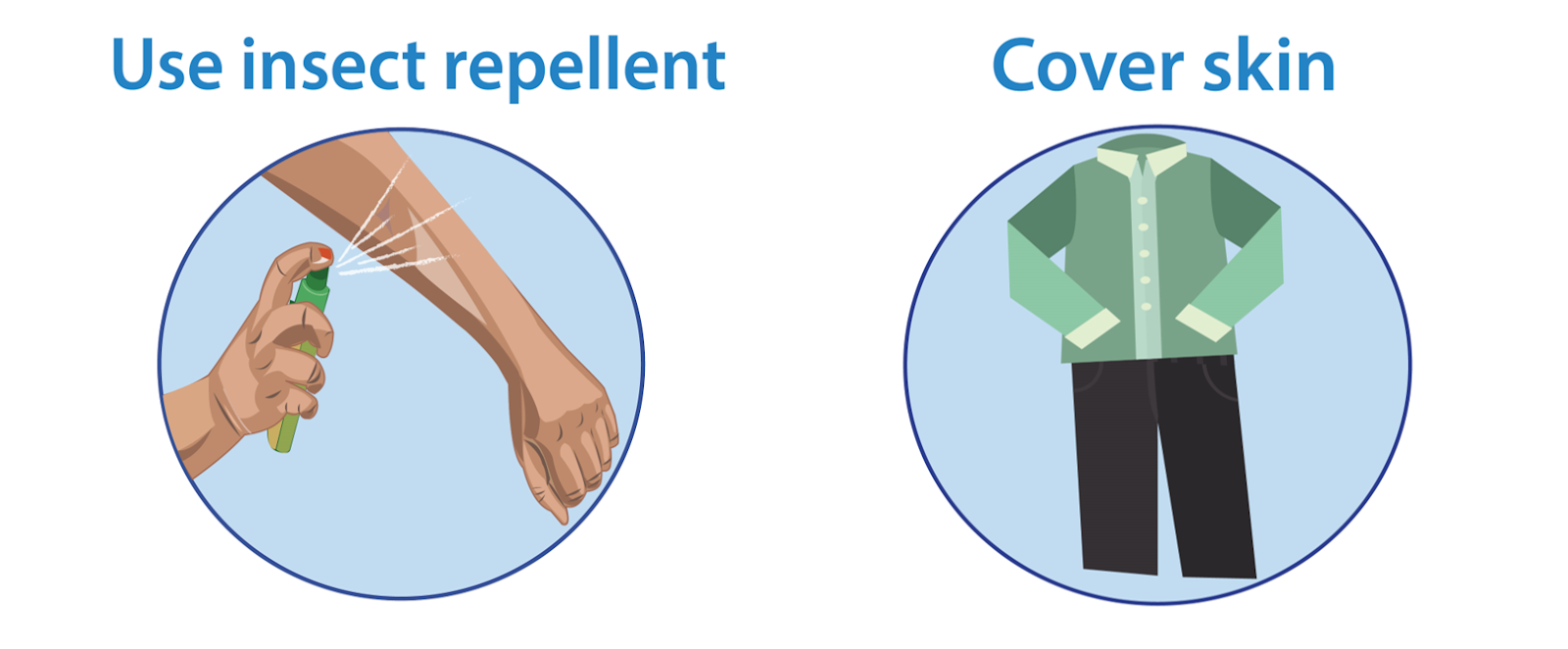Mosquitoes: The Tiny but Mighty Pests and How to Protect Yourself.
Mosquitoes: The Tiny but Mighty Pests
Mosquitoes are small flying insects that have been around for millions of years. They are found in almost every part of the world, except for the most extreme regions of the Arctic and Antarctic. These tiny pests can be quite annoying, but they are more than just a nuisance. Mosquitoes are known to carry a variety of diseases that can be harmful to humans, including malaria, dengue fever, Zika virus, and West Nile virus. In this blog post, we will explore the life cycle of mosquitoes, their impact on human health, and some ways to prevent mosquito bites.
Life Cycle of Mosquitoes:
Mosquitoes have a relatively short life cycle, typically lasting only a few weeks. The life cycle of a mosquito begins when a female mosquito lays her eggs on the surface of stagnant water. The eggs hatch into larvae, which then develop into pupae. Finally, the adult mosquito emerges from the pupa and begins its search for a blood meal.
Impact on Human Health:
Mosquitoes are responsible for the transmission of several diseases that can be fatal to humans. Malaria, for example, is a serious and sometimes deadly disease that is caused by a parasite that is transmitted to humans through the bite of an infected mosquito. Other diseases, such as dengue fever, Zika virus, and West Nile virus, can cause fever, rash, and other flu-like symptoms. In severe cases, these diseases can lead to hospitalization or even death.
Preventing Mosquito Bites:
There are several ways to prevent mosquito bites and reduce the risk of mosquito-borne diseases. One of the most effective ways is to use insect repellent that contains DEET or picaridin. Wearing long-sleeved shirts and pants can also help prevent mosquito bites. It is also a good idea to avoid spending time outdoors during the early morning and late afternoon when mosquitoes are most active. Additionally, removing standing water around your home can reduce the number of mosquitoes in the area.
Mosquitoes play an important role in the environment, as they serve as a source of food for many other animals, including birds, bats, and fish. However, their impact on human health cannot be ignored. In addition to transmitting diseases, mosquitoes can also be a major nuisance, disrupting outdoor activities and making it difficult to enjoy the outdoors.
Mosquito Control Measures:
There are several measures that can be taken to control mosquito populations. One of the most effective methods is to eliminate standing water around your home, as this is where mosquitoes lay their eggs. Additionally, using mosquito traps, insecticides, and larvicides can also help reduce the number of mosquitoes in an area. However, it is important to use these measures in a responsible and environmentally friendly manner.
Future of Mosquito Control:
As mosquito-borne diseases continue to be a major public health concern, researchers are working on developing new methods for controlling mosquito populations. Some of these methods include genetically modifying mosquitoes so that they cannot transmit diseases or using bacteria to prevent mosquito eggs from hatching. However, these methods are still in the experimental stage and may take years to become widely available.
Conclusion:
Mosquitoes may be small, but they can have a big impact on human health. It is important to take steps to prevent mosquito bites and reduce the risk of mosquito-borne diseases. By using insect repellent, wearing protective clothing, and removing standing water around your home, you can help keep these tiny but mighty pests at bay.








Post a Comment